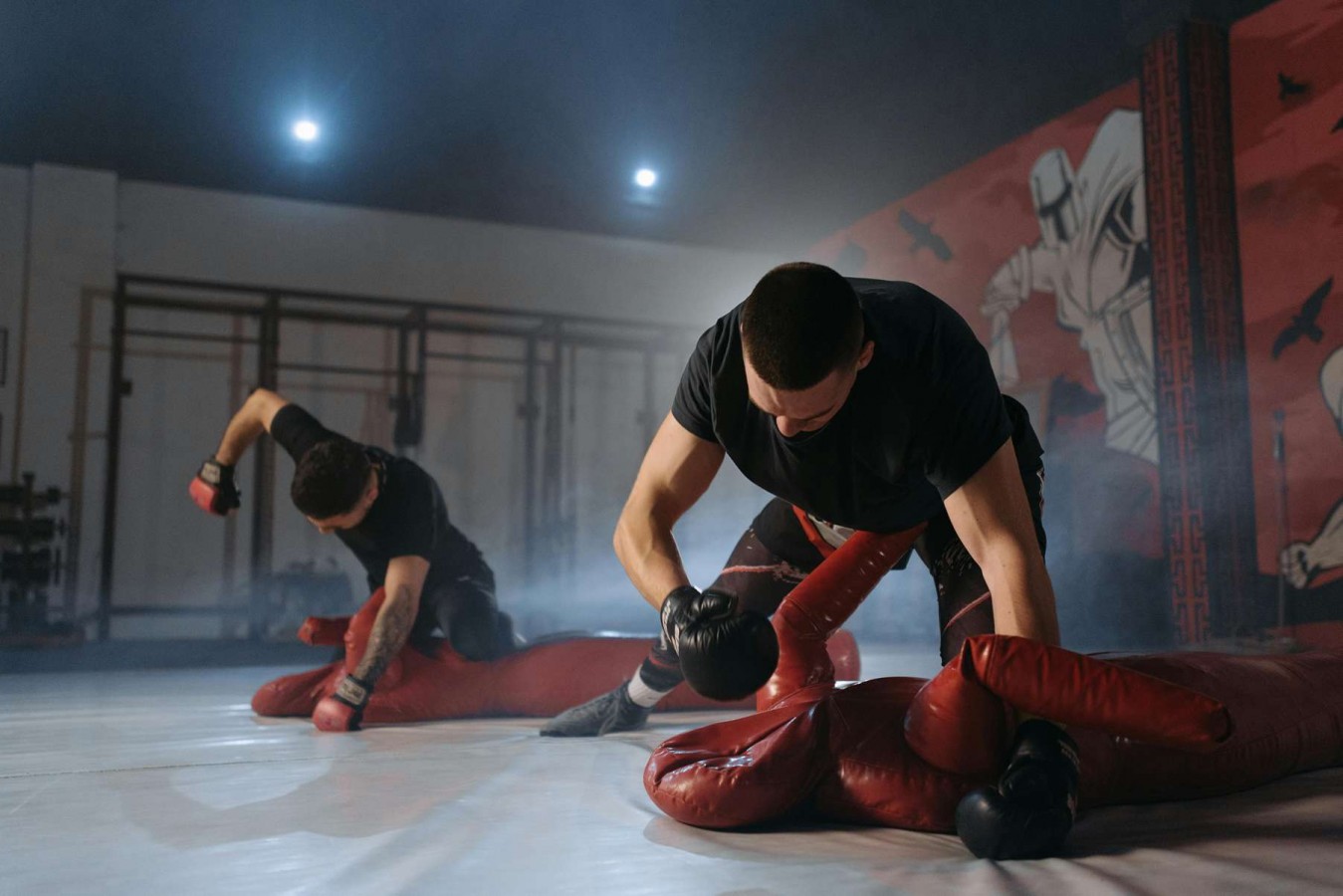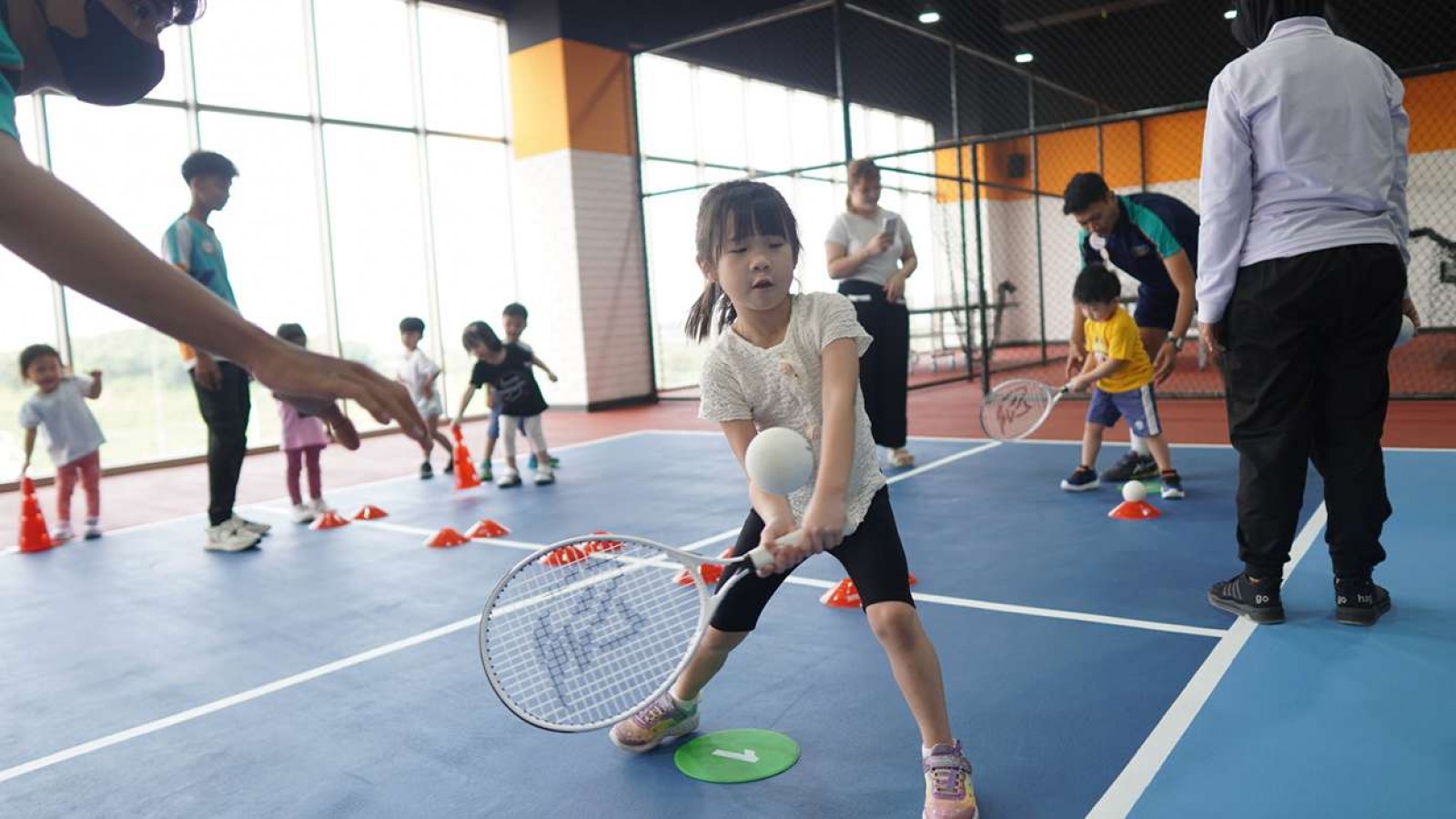Practicing Acting: Maximizing Your Acting Skills With Rockstar Academy!

Acting isn’t just about talent but it’s a powerful skill that grows with passion, practice, and the right guidance. There are many fun and effective ways to sharpen your acting skills, each with its own unique benefits and challenges.
In this article, we’ll dive into how you can practice acting like a pro, the ups and downs of learning on your own, and why joining a class can take your performance to the next level. Ready to step into the spotlight? Let’s start acting right away!
How to Practice Acting
Practicing acting involves more than just memorizing lines. It’s about understanding emotions, refining your physicality, and making your performances feel real. If you're preparing for a specific role, audition, or just working on your overall skills, here are some essential ways to practice acting effectively:
1. Character Work
Start by creating and getting into character. A great actor understands the character they’re playing, this goes beyond learning lines. Take time to dive deep into the backstory of your character. Ask yourself questions like:
- What is the character's objective?
- What are their relationships with other characters?
How do they react under pressure? This helps you connect emotionally and mentally to your role, making your performance more authentic.
Understand how they feel about the other characters—who they trust, fear, or love. And most importantly, react the way they would in different situations, whether it’s under pressure, in moments of joy, or during heartbreak. The more you “become” your character, the more believable and moving your performance will be.
2. Improvisation
Improvisation is a vital skill for any actor. It helps you think quickly on your feet and adapt to unexpected situations. Practice improvisational scenes where you and a partner create a scenario and respond in real time. Improvisation will teach you to stay in the moment and build your spontaneity.
Remember to don’t aim for perfection—just focus on responding naturally. Use the rule of “Yes, and…” to build on what your partner says instead of shutting down the conversation. This not only keeps the scene alive but also helps you think fast, stay in the moment, and make your acting feel more spontaneous and real.
3. Voice and Diction Exercises
Your voice is one of your most powerful acting tools. Practice voice exercises to improve your diction, projection, and range. Work on varying your tone, pitch, and speed. Tongue twisters are great for articulation, while breathing exercises help with breath control, which is crucial when delivering long monologues or intense scenes.
Try tongue twisters to make your speech clearer, and experiment with changing your pitch, volume, and speed to make your delivery more interesting. A strong, clear voice makes sure your audience can hear and feel every word you say.
4. Physicality and Movement
Acting isn’t just about speaking, it’s also about how you move and hold your body. Practice different physical exercises to understand how body language affects your character.
Experiment with different postures, gestures, and facial expressions to see how they change the way your character is perceived.
You can use gestures with purpose instead of moving your hands randomly. Practice facial expressions in front of a mirror so you can control even the smallest emotional details. When your body language matches your character’s personality, your acting becomes more believable and powerful.
5. Rehearse with Others
Acting is a team effort, so practicing with others is essential. When you rehearse with a scene partner, you learn how to react to their emotions, timing, and delivery. Try running a scene several different ways to see what works best. Listen carefully when they speak instead of just waiting for your turn to talk—real reactions come from truly hearing the other person. The more you rehearse together, the more natural and connected your performances will feel.
6. Practice Scripts for Actors
One of the most essential habits for any actor—whether you’re just starting out or already experienced—is practicing regularly with scripts. While improvisation and acting games are great for building spontaneity, working with an actual script is where you refine the craft of delivering believable, engaging performances.
When you practice with a script, you learn far more than just memorizing lines. You train yourself to understand character motivations, pick up emotional cues, and make strong performance choices. You also develop your timing, pacing, and ability to react naturally to other characters’ dialogue. These skills are what transform a “good” performance into a truly captivating one.
Scripts also give you the opportunity to experiment. You can try performing a scene in different emotional tones, alter your pacing, or change your character’s physicality to see what works best. This kind of experimentation builds versatility—something casting directors value highly.
Another reason practicing with scripts is a must: it prepares you for real-world auditions and stage or screen performances. In professional settings, you’ll often need to interpret a script quickly and bring it to life under time pressure. The more you practice, the more confident and adaptable you’ll be when that moment comes.
If you’re looking for great material to practice with, there’s a fantastic resource you can use: StageMilk Original Script Database. This database offers a variety of original scripts you can download and rehearse—perfect for honing your skills and exploring different genres, tones, and character types.
Acting Exercises to Practice
Acting is like a muscle—the more you train it, the stronger it gets. Just like athletes do drills to sharpen their skills, actors can practice specific exercises to improve creativity, emotional expression, voice control, and body awareness. These exercises not only help you prepare for performances but also make you more confident and versatile as an actor. Here are several tried-and-true acting exercises you can try on your own or with others.
1. Mirror Work
Mirror exercises are all about self-awareness. Stand in front of a mirror and study your facial expressions, posture, and gestures. Try shifting between different emotions without speaking, relying only on your face and body language. This helps you control even the smallest expressions so they match your character’s feelings. You can also mimic movements or practice lines while watching yourself to check if your body language supports your delivery.
2. Emotion Recall
This exercise comes from method acting techniques and focuses on tapping into real emotions. Sit quietly and think of a memory that strongly connects to a particular feeling—joy, fear, sadness, excitement. Then, try to relive that memory in detail: where you were, what you saw, how you felt. Once you’re immersed in the emotion, use it in a monologue or scene. It helps make your acting more genuine and relatable.
3. Improvisation Games
Improvisation exercises boost creativity, quick thinking, and spontaneity. One classic improv game is “Yes, and…”—your partner says something, and you respond by accepting their idea (“Yes”) and adding something new (“and…”). This keeps scenes alive and teaches you to adapt quickly. Other improv games like “Word at a Time Story” or “Freeze and Switch” can push you to think on your feet while keeping the scene fun and engaging.
4. Voice Projection and Articulation Drills
Your voice is one of your most important acting tools, so practicing projection and clarity is essential. Start with breathing exercises to support your voice—inhale deeply, then exhale slowly while speaking a line. Try tongue twisters like “Red leather, yellow leather” or “She sells seashells by the seashore” to improve diction. Also, experiment with pitch, pace, and volume to bring variety to your delivery.
5. Character Walks
This is a great way to explore physicality. Choose a character and imagine how they would walk—fast or slow, upright or slouched, heavy steps or light movements. Pay attention to how this physical change affects your mood and voice. You can try different walks for different emotions, ages, or personalities to expand your range as an actor.
6. Cold Reading Practice
Cold reading means performing from a script you’ve never seen before. Pick a random scene or monologue, read it once, and then perform it without worrying about perfection. The goal is to quickly understand the character, tone, and pacing while still giving a believable performance. This helps you adapt in auditions where you get scripts at the last minute.
7. Observation Exercise
Spend time in public places like parks, cafés, or train stations, and quietly observe people. Notice their gestures, how they sit, how they talk, and their facial expressions. Then, try to mimic their behavior in a short scene. This builds your skill in portraying realistic, everyday human behavior on stage or on screen.
The Pros and Cons of Studying Acting at Home
Studying acting at home has its advantages, especially for those with busy schedules or those who prefer learning at their own pace. However, it also presents challenges that may limit your growth as an actor. Here’s a breakdown of the pros and cons:
1. Pros of Studying Acting at Home
- Flexibility: Practice acting anytime that fits your schedule, perfect for busy students or professionals.
- Cost-Effective: Save money by using free or low-cost resources like scripts, mirrors, and online materials.
- Comfort and Privacy: Practice freely at home without fear of judgment, allowing for emotional exploration and experimentation.
- Self-Paced Learning: Learn at your own speed without the pressure of deadlines or structured classes.
2. Cons of Studying Acting at Home
- Lack of Feedback: Without a teacher or peers, it's harder to spot mistakes or improve your performance.
- Limited Interaction: Acting alone means missing out on practicing timing, chemistry, and real-time reactions with others.
- No Professional Guidance: Without a coach, you might miss key techniques and personalized advice to sharpen your skills.
- Distractions: Home environments can make it hard to focus, with interruptions and procrastination easily getting in the way.
Why You Need Acting Classes to Practice Your Acting Skills
While practicing acting at home can be a good start, there are undeniable benefits to enrolling in acting classes, especially if you’re serious about improving your skills. Here’s why:
1. Expert Instruction
Acting classes are taught by experienced professionals who understand the craft inside and out. They can offer personalized feedback, techniques, and strategies to help you improve. Having someone with knowledge of the industry guide you through the process ensures that you avoid common pitfalls and stay on track.
You can try the Broadway Program at Rockstar Academy which is the best Sports & Performing Arts Academy in Indonesia. We offer a wide range of sports and performing arts classes, all guided by experienced and certified instructors.
Plus, the facilities are qualified to support the development and growth of children in the classes they are interested in!
2. Accountability
Taking acting classes gives you a structured environment with deadlines and goals. This sense of accountability helps you stay focused and dedicated. You’ll be motivated to push your limits, practice regularly, and improve consistently, as you’ll have regular performances, assignments, and assessments.
3. Networking Opportunities
Acting classes provide a fantastic chance to meet other aspiring actors, directors, and industry professionals. These connections can lead to collaborations, audition opportunities, and even career advice.
Networking is a critical aspect of the entertainment industry, and acting classes create a space for that to happen naturally.
4. Variety of Acting Techniques
Acting schools often introduce you to a variety of acting methods and techniques that you may not have encountered on your own. From Stanislavski’s method to Meisner, these approaches help you understand different ways to approach a role.
Learning a variety of methods gives you the versatility needed to tackle different types of acting projects.
5. Access to Performance Opportunities
One of the key benefits of taking acting classes is the chance to perform in front of an audience. Whether it's in class performances, showcases, or theater productions, these opportunities help you gain valuable experience and confidence. Live performances also allow you to hone your timing, projection, and overall delivery.
Start Acting With Rockstar Academy!
Practicing acting on your own is a great start, but having professional guidance can take your skills to the next level. That’s where Rockstar Academy comes in!
Through our Sports & Performing Arts Academy, you’ll get the expert coaching, supportive environment, and real-world performance opportunities you need to truly grow as an actor. Additionally, our curriculum also includes participation in events and competitions like Broadway Recital, RockOlympics and Elite Championships. With all of these, Rockstar Academy is always ready to help you shine!
Need a little extra support or want to level up faster? You can always opt for Private Instructions, where learning becomes highly personalized to match your child’s pace and goals.
Private lessons help students take greater ownership of their progress, encouraging them to stay focused, take every session seriously, and fully master the material. With one-on-one guidance, they’ll receive undivided attention, customized feedback, and a learning experience designed just for them.
Still not sure about our class? Take advantage of a free trial class that will allow you experience all about our class before enrolling!
FAQ
Can I become a good actor by practicing at home?
While practicing at home can help you build some foundational skills, it’s essential to seek professional training to truly refine your craft. Acting classes provide expert feedback, guidance, and performance opportunities that are critical to your growth as an actor.
How do I know if acting classes are right for me?
If you're passionate about acting and serious about improving your skills, acting classes are an excellent choice. They offer structured learning, personalized instruction, and hands-on experience—perfect for anyone wanting to take their acting to the next level.



